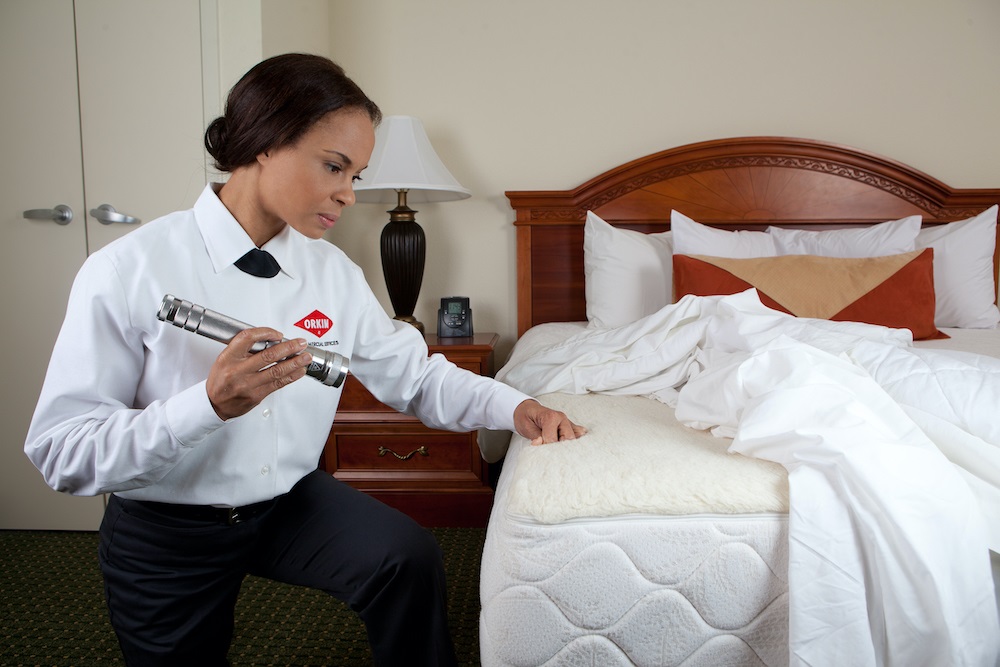Bend, Oregon draws people’s attention because of its scenic beauty, outdoor recreation, and mixed climate. Those who live here enjoy dry summers and wet, snowy winters. The changing seasons make life interesting, but they also make the basements and crawl space more attractive to pests than other parts of a home. These below-ground areas offer the moisture, warmth, and darkness that pests look for. They become home for unwanted guests in Bend’s damp climate. That is why pest control professionals pay attention to these areas when performing pest infections or addressing pest issues.
Why Moisture Draws Pests
Pests are constantly for water to survive. Ants, silverfish, and cockroaches thrive in damp environments. Moisture helps them stay hydrated and makes it easier for them to breed. Mice and rats also seek out wet areas, especially in colder months when water outside may be frozen or harder to find.
Rain and snowmelt in Bend can keep the ground wet for long stretches, causing moisture to seep into basements and crawl spaces. Even small leaks or condensation from pipes can create a humid environment. This dampness attracts pests and keeps them coming back.
Basements and Crawl Spaces Are Ideal Hiding Spots
These lower parts of the home are rarely disturbed. This makes them ideal for pests that want to nest and remain unnoticed. Mice may build nests in insulation or gnaw through wood and wires. Spiders love to spin webs in dark corners. Carpenter ants burrow into damp wood, slowly hollowing it out. Pests often spread to other parts of the house after getting comfortable in the basement and crawl space. Crawl spaces, in particular, can be a major entry point. Pests can easily move to other parts of the house through gaps in the foundation, loose vents, or missing crawl space doors.
The Role of Bend’s Seasonal Changes
Pest behaviors change with the season in Bend. Pests look for warmth and shelter during fall and winter. So, they head indoors, often through the basement or crawl space. Heavy rains and melting snow in spring and summer increase the soil’s moisture levels, which leads to more humidity in lower areas of the home. Cold winters and wet springs in Bend create year-round conditions that support different types of pest activity.
Importance of Local Expertise When It Comes to Pest Control
Pointe Pest Control has worked with many homeowners who are surprised to learn how active pests can be below ground level. Their team pays special attention to areas most homeowners avoid such as crawl spaces, under-stair storage, and unfinished basements. Pests love to settle in these areas quietly of places.
Owner Jacob Borg started Pointe Pest Control to provide real solutions without the scare tactics. His team focuses on long-term prevention and uses modern tools to check humidity levels, scan for movement, and locate signs of pest nests behind walls or in subflooring. They help get to the source of the problem and offer practical steps to avoid a repeat issue.
The Importance of Regular Inspections
Many homeowners don’t think much about what’s happening in their basement or crawl space. But regular pest inspections in these areas can prevent pests from taking over your home. Professionals can check for signs of moisture damage, pest droppings, and gnawed wood. Also, they can check for strange smells that might point to hidden nests.
Early detection allows for the removal of pests before they cause damage or spread into living areas. An inspection might also reveal moisture problems that need to be addressed such as leaking pipes or poor ventilation. Fixing these issues can help prevent future infestations.
There are steps homeowners can take to reduce pest activity in their basements and crawl spaces. These include sealing gaps in the foundation, fixing leaky plumbing, and installing vapor barriers. Also, homeowners should keep these areas well-ventilated and remove clutter. Checking for signs of pests throughout the year also helps.



